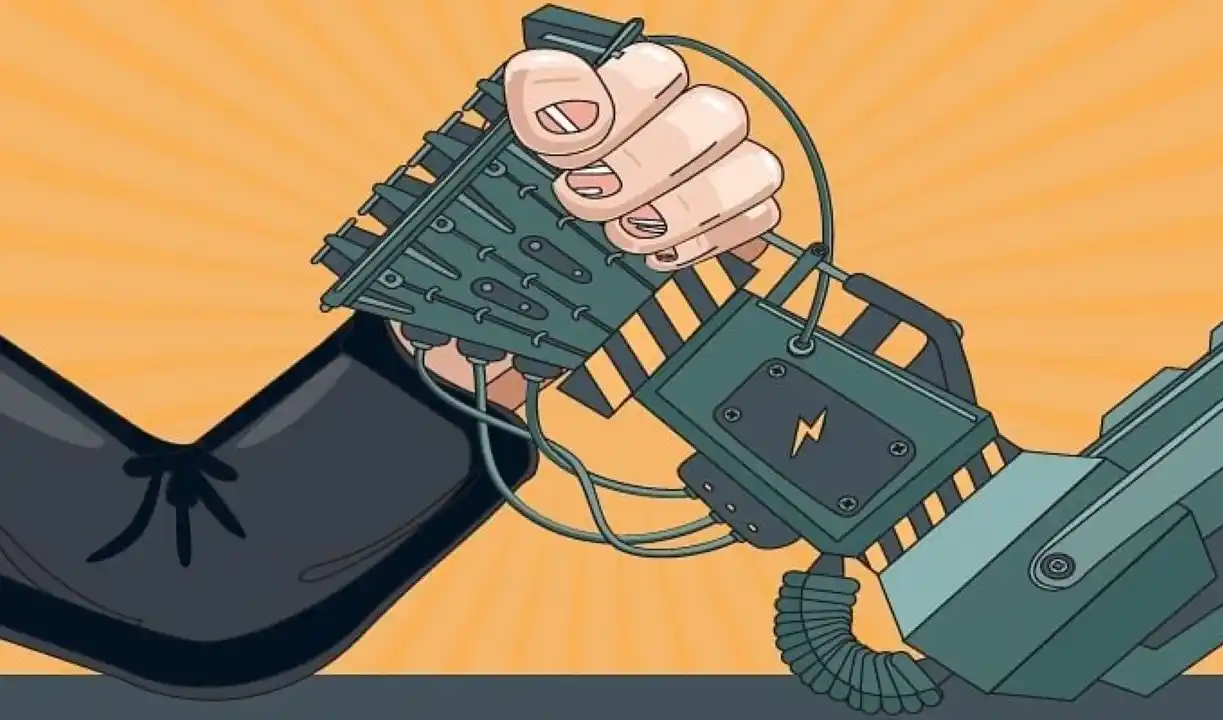LOGIC.co.id – In an increasingly competitive job market, artificial intelligence (AI) is beginning to replace human workers, including young professionals. According to a survey conducted by Hult International Business School, 37 percent of employers admit they prefer hiring AI over fresh graduates from Generation Z (Gen Z).
The survey, which involved 1,600 employers—including business owners and full-time hiring managers—revealed an intriguing trend in today’s workforce preferences.
Employers Prefer AI
The survey results show that nearly 40 percent of employers would rather hire AI-powered robots than recent graduates. Overall, 89 percent of employers avoid hiring Gen Z workers, citing the following reasons:
- Lack of Real-World Experience
About 60 percent of employers believe fresh graduates lack relevant practical experience in the workplace. -
Poor Teamwork Skills
Around 55 percent of respondents say Gen Z struggles to collaborate effectively in group settings.- Advertisement - -
Lack of Key Talents
A staggering 98 percent of employers report difficulty in finding essential skills among this generation. -
Higher Education Is Considered Inadequate
Approximately 96 percent of employers feel that higher education institutions fail to prepare students for the workforce.- Advertisement -
Regrets Among Fresh Graduates
The same survey revealed that many graduates are dissatisfied with their education:
- 77 percent of fresh graduates say they learned more in six months of work than in four years of college.
- 94 percent of graduates regret their degree choice, with 43 percent feeling they chose the wrong major.
The Need for Educational Reform
Martin Boehm, Executive Vice President and Global Dean of Undergraduate Programs at Hult International Business School, emphasizes the urgency of reform in higher education.
“Theory alone is no longer enough. Universities must keep up with technological advancements and focus on developing essential skills and mindsets for continuous learning,” Boehm stated.
According to him, today’s volatile and technology-driven job market requires a new approach to education, particularly in business-related fields.
Gen Z in the Workplace
Findings from another report, the Freedom Economy Index by PublicSquare and RedBalloon, further support these claims. The study found that:
- 68 percent of small business owners consider Gen Z the least reliable group of employees.
- 71 percent of employers say this generation is more prone to mental health issues in the workplace.
Moving forward, both employers and educational institutions face the challenge of bridging the skill gap between Gen Z workers and workforce demands while competing with the advantages of AI-driven technology.

